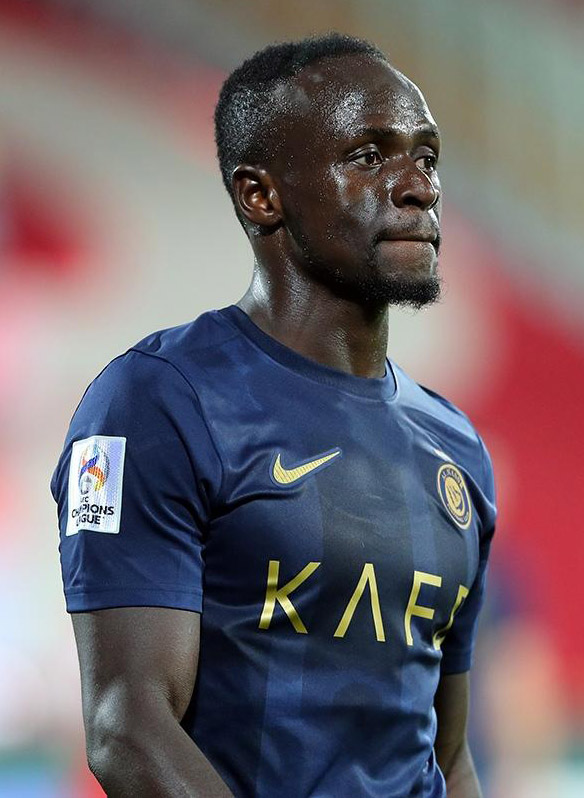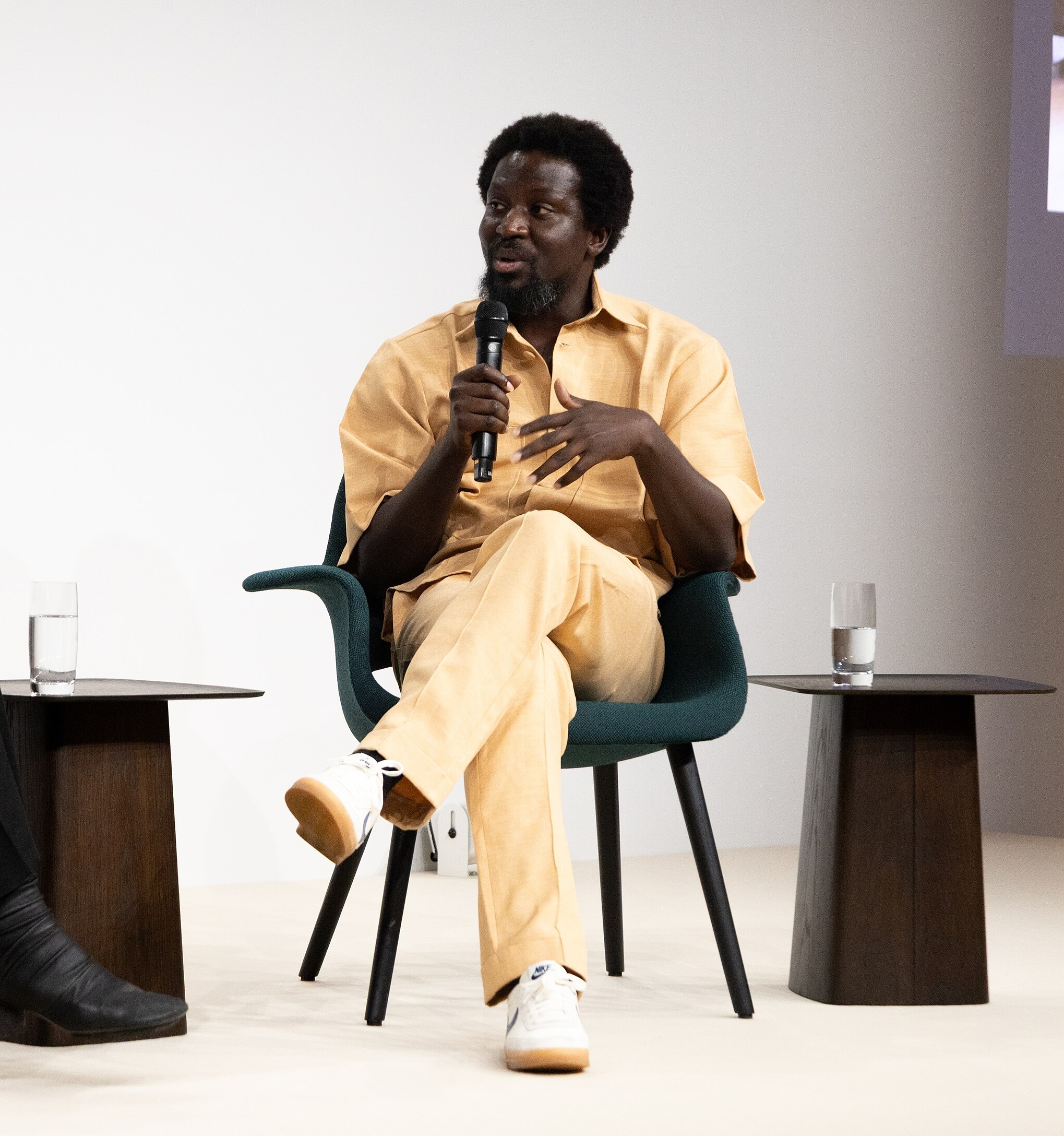Religious
Where Do African Elites Come From?
Transnational Education Trajectories of African Aspirational Knowledge Elites
Popular representations of African elites repeat stereotypes of prominent "big men" in politics and business, which emanate from an outdated understanding of African class systems as simplistic “leaders and masses” configurations. The processes that form elites are also typically seen as taking shape within national frameworks – a perception that ignores the role of transnational networks and strategies. Furthermore, African elites are often analysed from a retrospective, with an emphasis on memoirs of national leaders and other prominent figures. I argue that a focus on the transnational education trajectories of African aspirational knowledge elites “in the making” can help us better understand the processes that produce leaders in contemporary postcolonial societies, thus highlighting the dynamic nature of African elite formation.
Public institutions such as universities are key sites of middle-class formation and reproduction of dominant elites. In colonial era Africa, accessing higher education was not easy as provision in the colonised territories was often limited. Many ambitious and talented Africans thus headed to overseas universities and subsequently used their education to gain political domination back in the colonies. Initially, the power of these first African political elites was limited to positions in “native administrations,” but decolonisation opened space for entire cohorts of national leaders. Notably, the University of Fort Hare in South Africa hosted such future national leaders as Kenneth Kaunda (Zambia), Seretse Khama (Botswana), Nelson Mandela (South Africa), Robert Mugabe (Zimbabwe), and Julius Nyerere (Tanzania). As the institution was controlled by South Africa’s apartheid laws that were designed to stop Black people taking full advantage of higher education, the real value of university education emanated from transnational peer networking. These elite networks formed through professional and personal connections at universities are still significant in Africa today.
Offering an important avenue for young, relatively privileged Africans to accumulate and consolidate their social and cultural capital both through academic advancement as well as social networking, university education remains central in framing postcolonial African aspirational elites’ agency. In the current climate of intensified competition in neoliberal higher education provision, African youths are again likely to seek education outside of their home countries to improve their own and their countries’ future prospects. Indeed, African students studying abroad typically view their transnational higher education trajectories as preparing them for leadership positions back home. Through the peer networking opportunities provided by universities, the current generation of young Africans in higher education institutions may well be on their way to becoming the future transnational elites of the continent.
Young, educated Africans are commonly seen as an engine for development. Whether African students imagine their future ambitions within national or wider frameworks, their transnational higher education has consequences for social stratification in their home countries. African middle classes are often described as being limited in their financial resources yet focused on achieving “respectability,” for example, via educational attainment. African aspirational knowledge elites are thus also likely to spring from the ranks of these growing middle classes. However, despite the privilege related to their transnational higher education and the expectations of gaining elite status back home, in their study destinations, African international students must negotiate classed and racialised understandings of African migrants and international students. This reveals a gap between the idea of privilege associated with student mobility and educational migrants’ experiences of marginality in the volatile global higher education market. Furthermore, back home, those deemed as successful Africans face the social burdens of having to provide for extended families and to act as role models for their communities, countries, and “race.” For example, a recent article in the Guardian UK describes young internationally educated Kenyans struggling to fit in socially either in Kenya or in their new countries of residence, whilst striving to fulfil the expectations placed upon them.
Further research is required to better understand how class privilege and racialised social precarity coalesce in the contexts of higher education and postcolonial migration, through which the lives of many African future elites evolve. Given the difficulty of obtaining reliable data regarding people’s future trajectories, it is understandable that research on African elites has primarily focused on retrospective analyses of how prominent figures have reached their current positions. It is, however, also important to take on the challenge of researching African elites “in real time.” Highly ranked universities both on the continent and overseas offer suitable settings for observing and identifying the ways in which ambition can grow towards tangible success. For example, one of the research participants in my PhD project with southern African international students at Rhodes University, South Africa, recently made it on the Forbes Africa “30 Under 30” list of most influential young Africans.
International higher education has become a lucrative market that reproduces global and local inequalities. With African students becoming an increasingly important part of this unequal power relation that prioritises the economic interest of the Global North, transnational higher education recruitment has been criticised of neo-colonialism. The question of how Western educated elites can contribute to African development is not new, but it must be asked again in reference to the current generation of young Africans, whose transnational middle-class lives are very different to those of the first African national elites. Researching African elites “in the making” thus offers a timely and important contribution to the discussions around power relations and inequalities both in Africa and globally.
Further reading:
Hulme, M., Thomson, A., Hulme, R. & Doughty, G. (2014) “Trading places: The Role of Agents in International Student Recruitment from Africa.” Journal of Further and Higher Education 38 (5), 674-689.
Lentz, C. (2015) Elites or Middle Classes? Lessons from Transnational Research for the Study of Social Stratification in Africa. Working Papers of the Department of Anthropology and African Studies of the Johannes Gutenberg University Mainz 161.
Maringe, F. & Carter, S. (2007) “International Students’ Motivations for Studying in UK HE. Insights into the Choice and Decision Making of African Students.” International Journal of Educational Management 21 (6), 459-475.
Matthews, S. (2010) “The Ambivalence of African Elitehood.” Journal of Asian and African Studies 45 (2), 170-180.
McLellan, C. E. (2009) “Cooperative Policies and African International Students: Do Policy Spirits Match Experiences?” Higher Education Policy 22, 283-302.
Melber, H. (Ed.) (2016) The Rise of Africa’s Middle Class. Myths, Realities and Critical Engagements. London: Zed Books.

About the Author
Dr. Veera Tagliabue is an interdisciplinary qualitative social scientist researching race and class inequalities in international higher education geographies, especially in the context of African migrant students. Veera holds a PhD in African Studies and Anthropology from the University of Birmingham, UK. By identifying aspiration, identity, and belonging as key concepts in the study of African educational migration, her doctoral thesis Privilege and Precarity – African International Students in South Africa argues that middle-class migrant students from the Southern African (SADC) region experience an identity mismatch in the South African context of race and class, but that their transnational education still supports their ambitions of becoming “future leaders.” Veera also holds MA and BA degrees in Development Studies (minors in in Political Science/International Relations, and African Studies) from the University of Helsinki, Finland, and she has lived and worked all over the world including France, India, Namibia, South Africa, Sweden, and Zambia. Since completing her PhD, she has been working as a volunteer caseworker helping asylum seekers in the UK and developing a new research project. Veera’s new research looks at the role of the increasingly commodified global higher education market in reproducing race and class inequalities by focusing on young relatively privileged Africans who migrate to study in the Global North and aspire to become future African elites.







